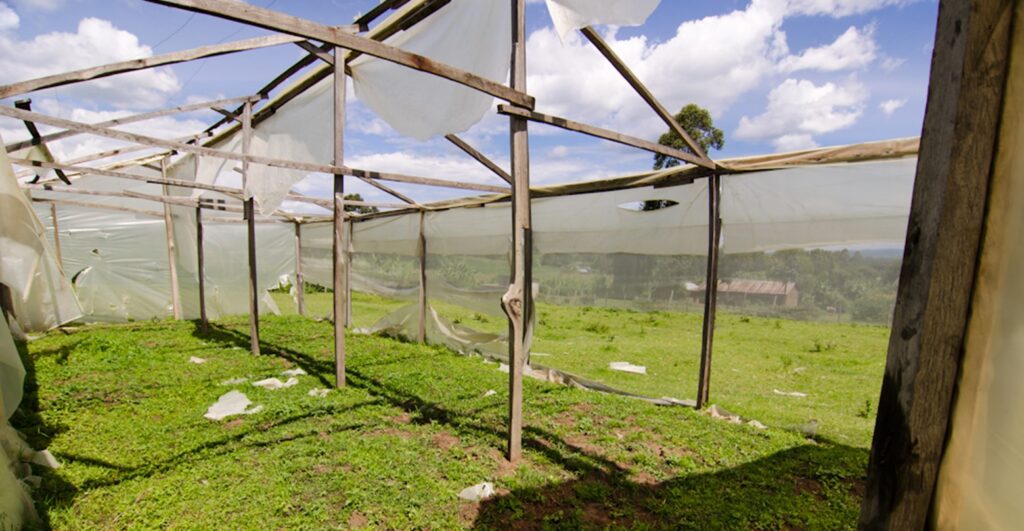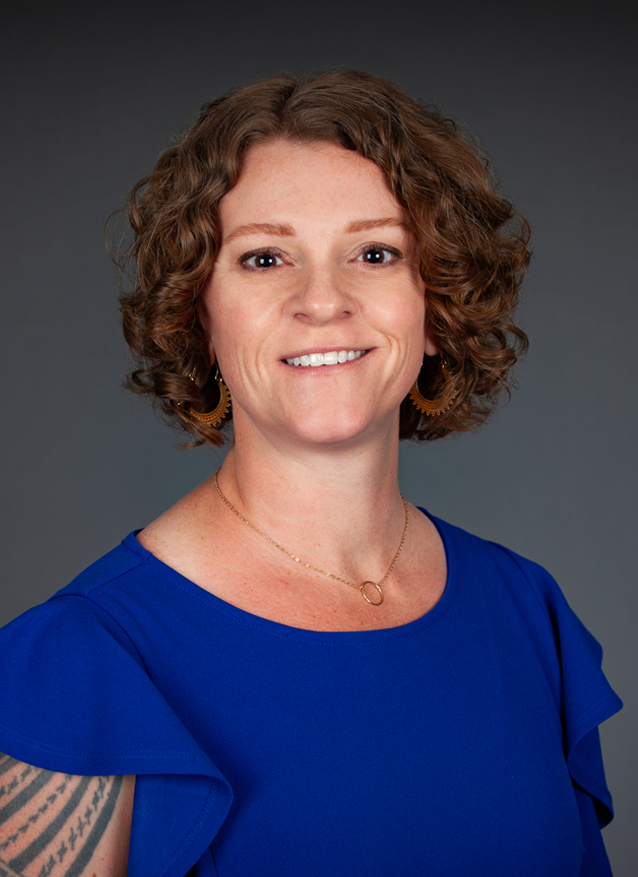Summary
Grants and Operations Manager Sara Reeves joins our staff blog series on the Foundation's values reflecting on the need for a holistic approach to learning and decision making.
"In its grantmaking and within its administration, Trellis Foundation will rely on quantifiable information to every extent possible."
In highlighting data-informed decisions as a core value, the Trellis Foundation is elevating just one element of our greater commitment as a learning organization. For over a decade, the philanthropic sector has explored “What is a Learning Organization?” And in my year with the Foundation, I have seen us explore this idea deeply and continually. Our conversations resulted in an articulated learning philosophy that includes the following commitments:
- Centering our stakeholders.
- Shouldering the responsibility of meeting our learning needs.
- Being transparent, respectful, and generous.
- Committing the necessary resources.
- Implementing and upholding the principles of equity.
Interestingly, this recently articulated learning philosophy did not mention data specifically—quantitative, qualitative, or otherwise. This is not an intentional exclusion or an unintentional oversight. Rather, I think this reflects the continued evolution of how we incorporate data into our decision-making, a recognition of its inherent but not singular role in how we inform our decisions.
Historically, the philanthropic sector tended to equate data-informed decisions with grantee accountability. A belief that good foundations rigorously evaluated data collected by their grantees to ensure the foundations were getting the most out of their investments. This often resulted in a lot of counting. Of individuals served, trainings held, resources distributed, etc.
A focus on outputs has pitfalls, though. I am reminded of a “greenhouse” I encountered in rural Kenya in 2012 while working at Indiana University. I use “greenhouse” in quotes intentionally, as the structure I was touring was a wooden frame with torn plastic sheeting flapping in the wind, where not a single vegetable had ever grown. Greenhouse was a very generous term for this structure.

Yet, according to the local NGO where my students were completing internships, this USAID-funded project was considered a success…at least by USAID. A greenhouse had been built, and USAID was counting the number of greenhouses built. The organization that built this greenhouse successfully built many more greenhouses across the country. USAID was making data-informed decisions on this project. It just didn’t have the right data.
More recently, the philanthropic sector has shifted its focus from counting outputs to emphasizing outcomes and impact. This shift reflects a deeper commitment to understanding and fostering long-term, systemic change in a complex, interconnected world. Understanding outcomes and your investment’s role in that impact is hard work. Long-term outcomes often unfold over years and are influenced by numerous factors beyond the control of any single organization. This necessitates a more nuanced approach to decision-making that embraces uncertainty and complexity.
Relying entirely on quantitative data is a mistake in such an uncertain and complex environment. Data is not infallible. Someone decided what data to gather and what data not to gather, how to collect that data, how to interpret that data, and what to do with those interpretations. Each of those decisions introduces an opportunity for bias and blind spots.
This is why the Foundation’s commitments as a learning organization encompass a trust-based, community-centered approach that includes quantitative data as one of many elements. We form deep partnerships with our grantees (and the sector as a whole). Through those partnerships, we listen with thoughtful intention to the stories, the experiences, the emotions, the triumphs, and the struggles of those working every day to ensure equitable access to postsecondary success in Texas. Collectively, this wealth of information we learn from the field – quantitative data and the stories of those deep in or benefiting from the work –informs our decisions.
For example, the quantitative data from our sister organization Trellis Strategies’ annual Student Financial Wellness Surveys elevated the growing and urgent importance of basic needs and other holistic supports for higher education students. In the Fall 2021 report, 59 percent of students experienced food insecurity, housing insecurity, or homelessness in the prior 12 months, and 10 percent were facing all three forms of basic needs insecurity. What this and other quantitative data could not tell us was what strategies could best support students across Texas’ diverse higher education landscape.
This is why our decisions also often rely on qualitative data and the valuable experience of our partners in the field—partners like Amarillo College who wanted to hire social workers as part of a strategy to provide holistic supports. Existing literature didn’t include quantitative data demonstrating the success of such an approach, but our partners at Amarillo College know their students and how to best serve their needs. The College has reported this approach has made a big difference for their students, based on student feedback as well as improved persistence and completion rates. Often, hearing about challenges and student experiences directly from the campuses we partner with is equally as valuable as research-backed, quantitative data.
Ultimately, Trellis Foundation recognizes the inherent power that comes with our role as a funder, and we take the responsibility of that power seriously. We also work to share that power by ensuring our decision-making is informed by the community we serve. Whether that is through quantitative data or experiences from the frontlines, no decision is made in a vacuum.
About the Author

Sara Reeves joined the Trellis Foundation in 2023 after managing United Way for Greater Austin’s grantmaking processes through a period of unprecedented growth during the COVID crisis. Before joining the United Way Team, she was a program manager in higher education, focusing on leadership development, international business, and entrepreneurship. Sara serves as chair of the PEAK Grantmaking Southwest Chapter and chair of Central Texas Education Funders. Sara spent time in Western Samoa with the Peace Corps, where she served as a secondary school computer instructor. Before joining the Peace Corps, she worked as a journalist at newspapers in Indiana and Florida. Sara holds a bachelor’s degree in journalism from the University of Missouri with a minor in Women’s Studies and a master’s degree in public affairs from Indiana University with a concentration in nonprofit management.

